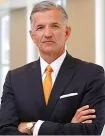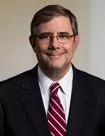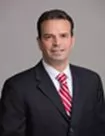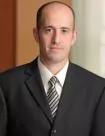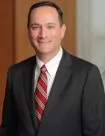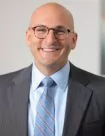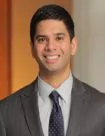Both the United States Department of Justice (DOJ) and the United States Securities and Exchange Commission (SEC) have continued their focus on anticorruption enforcement in 2015. Although there was a decline in enforcement actions by both DOJ and the SEC under the Foreign Corrupt Practices Act (FCPA) from 2014, recent actions and announcements have made it clear that FCPA enforcement will remain a priority in 2016. Over the course of 2015, the DOJ and the SEC initiated a total of 12 corporate enforcement actions, with the SEC responsible for 10 of the 12.
The DOJ entered into two corporate FCPA resolutions in 2015: a non-prosecution agreement with Florida-based IAP Worldwide Services and a deferred-prosecution agreement with New Jersey-based Louis Berger International. These two resolutions involved approximately $24 million in penalties. As for individual enforcement actions, the SEC and DOJ have pursued FCPA charges in seven different enforcement actions. This is somewhat lower than the total number of individual enforcement actions last year, but should not be interpreted as showing a downward trend in either prosecutions under or resources devoted to the FCPA.
Also this year, the DOJ's announcement of the Yates Memo, though not a substantive change to DOJ policy, reinforces the DOJ's focus on holding individual corporate wrongdoers accountable by conditioning cooperation credit on delivering information about individual wrongdoers. And the DOJ hired 10 new FCPA prosecutors in 2015, further showing that the DOJ is strongly committed to FCPA enforcement.
In a speech given on November 17, 2015 at the American Conference Institute's 32nd Annual International Conference on the Foreign Corrupt Practices Act, Assistant Attorney General Leslie R. Caldwell described the DOJ's "increasing attention to the investigation and prosecution of international corruption under the FCPA." She focused her remarks on the expectations of transparency and disclosure that the DOJ has in corporate investigations, explaining that "voluntary disclosure does provide a tangible benefit when it comes time to make a charging decision." Caldwell also discussed the hiring of Hui Chen, previously the Global Head for Anti-Bribery and Corruption at Standard Charted Bank, as "Compliance Counsel" for the DOJ. In that role, Chen will assist DOJ prosecutors in determining if a company's compliance program is "truly . . . thoughtfully designed and sufficiently resourced to address the company's compliance risks."
As to the SEC's work, in a speech also given on November 17, 2015, at the FCPA conference, Andrew Ceresney, the Director of the SEC's Division of Enforcement, discussed the active work of the SEC's specialized FCPA unit. He said that, looking ahead, he "expect[s] FY 2016 will be another active year for FCPA cases." He continued by focusing on what he viewed as the main priorities for the SEC's FCPA program: self-reporting and cooperation, individual accountably, cooperation with foreign regulators and "ongoing efforts to ensure that the FCPA is enforced to its fullest extent."
Notable legal developments in 2015 included a federal judge's dismissal of a conspiracy count in the DOJ's indictment against Lawrence Hoskins, the former senior vice president for the Asia region for Alstom SA. Kinross Gold Corporation disclosed it was under investigation by the SEC and DOJ in connection with its West African mining operations. Alexion Pharmaceuticals also disclosed that it is under investigation by the DOJ, although details of the investigation were not provided. Three officers from Direct Access Partners were sentenced to two to three years in prison for FCPA violations.
Included below are summaries of the major enforcement actions, settlements, prosecutions, and declinations from the second half of 2015. We are pleased to offer this update and look forward to answering any questions or concerns you have about these significant developments in FCPA enforcement, compliance and defense.
The content of this article is intended to provide a general guide to the subject matter. Specialist advice should be sought about your specific circumstances.
